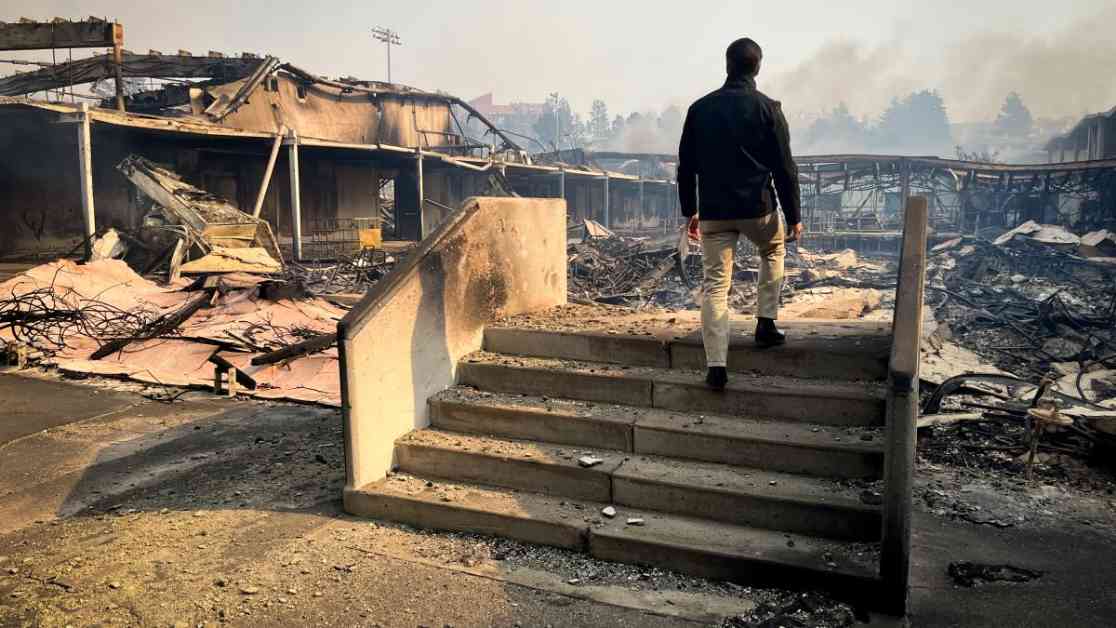Navigating Recovery: Balancing Decisions to Address Inequality
As firefighters begin to gain control over the devastating fires in Los Angeles, discussions about recovery are already in progress. The aftermath of this tragedy has left many homes reduced to ruins, prompting promises of support and aid from various authorities. While hope and solidarity are critical messages to convey during such challenging times, it’s essential to acknowledge the harsh reality of what lies ahead.
The Harsh Truth of Future Fires
Having witnessed the aftermath of numerous fires, I can’t help but stress the importance of preparing for the inevitable. Jeffrey Schlegelmilch, director of the National Center for Disaster Preparedness, emphasized that the areas affected by the recent fires are high-risk zones, prone to future disasters. The changing climate exacerbates these risks, making it crucial for us to rethink our approach to rebuilding.
Rebuilding Responsibly
As we contemplate rebuilding efforts, factors like fire-resistant homes, new building codes, and zoning regulations come into play. Michael Wara, from Stanford University, highlighted the inherent risks in areas like the Palisades, underscoring the need for structural changes to mitigate future threats. However, implementing these changes will require a collective effort and a willingness to prioritize safety over convenience.
The Impact of Inequality
The aftermath of these fires also sheds light on the disparities that exist within our communities. While some residents can afford to bear the costs of rebuilding, others face insurmountable challenges. The economic repercussions of these fires extend beyond property damage, affecting livelihoods and exacerbating existing inequalities.
A Call for Fair Recovery
As we navigate the complexities of recovery, it’s crucial to consider the diverse needs of our community members. Karen Chapple, a city planning expert, and Jeffrey Schlegelmilch both emphasize the importance of ensuring that recovery efforts are inclusive and equitable. From addressing housing shortages to supporting displaced workers, the road to recovery must prioritize fairness and sustainability.
In the face of adversity, our ability to come together and rebuild will define our resilience as a community. While the road ahead may be challenging, it’s essential to approach it with clarity and determination. By prioritizing safety, equity, and sustainability, we can pave the way for a more resilient and united future.





















